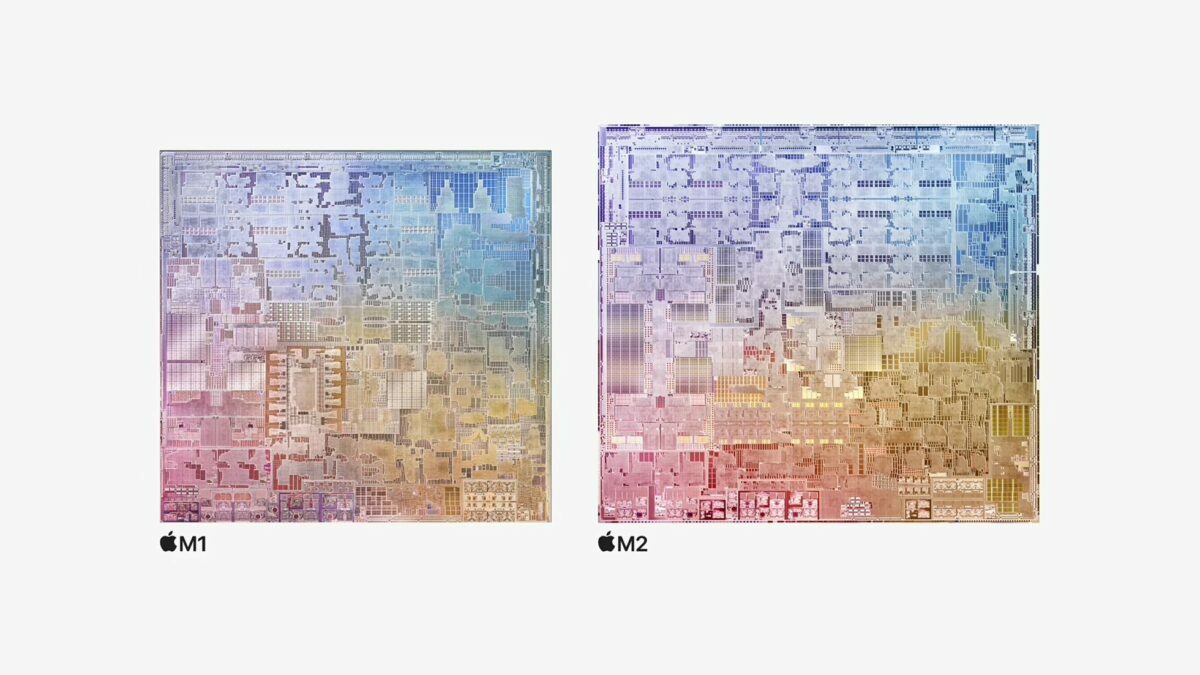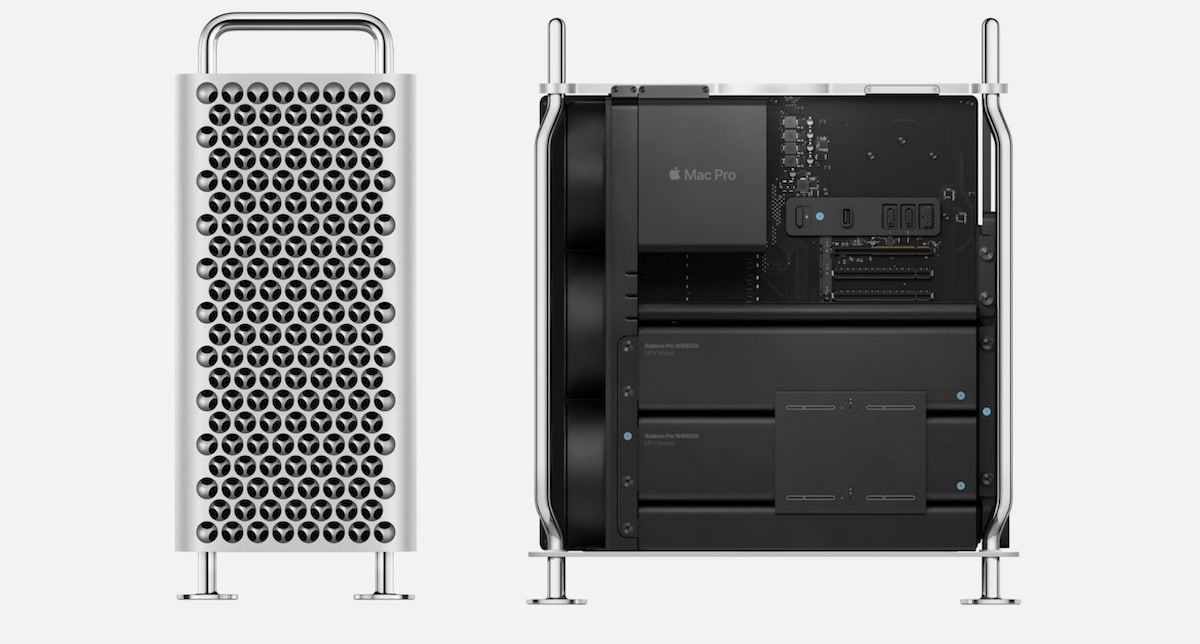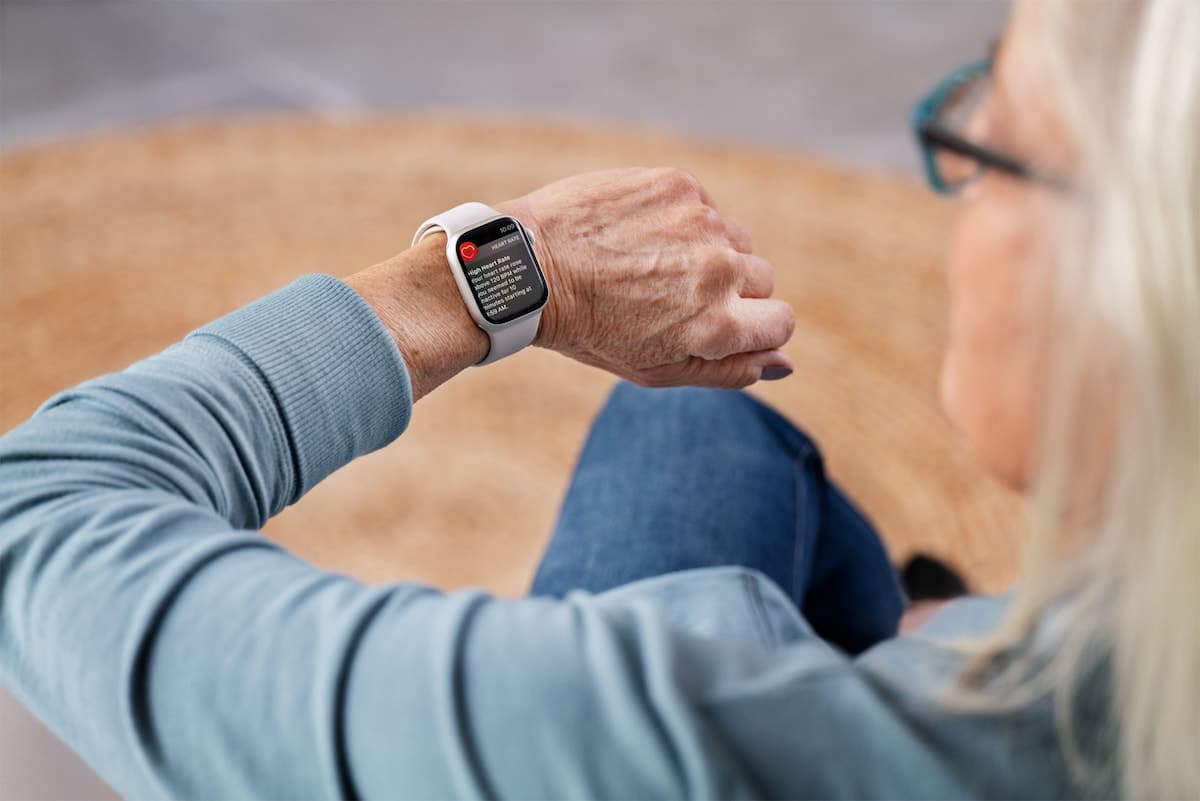In an exclusive interview with India Today, Apple Vice President of Worldwide Product Marketing Bob Borchers discussed the launch of the Apple Silicon Mac Pro, the impact of M series processors, and Apple Watch’s battery.
In 2020, the Cupertino tech giant began the transition of Macs from Intel processors to Apple Silicon with the launch of the M1 chip in the 13-inch MacBook Air and MacBook Pro. Since then, the company has updated all Mac models to Apple Silicon except Mac Pro.
Previously, Apple senior vice president of Hardware Engineering John Ternus teased a future Mac Pro model with Apple Silicon at the “Peek Performance” event in March 2022.

Apple Silicon puts the company at an advantage says Apple VP
When asked about Apple’s plans to complete the transition of the Mac lineup to Apple Silicon, Borchers said that the entire Mac lineup will switch to the M-series Apple Siliocn which includes Mac Pro.
“We have a clear goal to transition fully to Apple Silicone,” said Borchers. “We believe strongly that Apple silicon can power and transform experiences from the MacBook Air to all the way up to the Mac Studio. We’ve been very clear from the beginning that our goal is to take our entire product line to Apple Silicon. And that’s something we intend to do.”
When Apple Silicon Mac Pro will debut, it will be a milestone for the tech giant as all of its product categories will be powered by its own custom processors: iPhone, Apple Watch, AirPods, and Mac. “This, according to Borchers, gives a distinct advantage to the company.”
He explained that as the company does not intend to sell its processors, it has the luxury the designing products for its customers only which offer great performance.
“One of the core advantages we have in developing Apple Silicon is that we’re not thinking about anybody, but our customers. And we don’t have to think about who else we’re going to sell that chip to. So we don’t dedicate silicon real estate to things that we might not need to use. Instead, we make our decisions based on what we can meaningfully deliver to a customer.”

Commenting on the impact of Apple Silicon on the chipset market to deliver high performance and power efficiency, Borchers said that credit goes to Apple for focusing on improving performance per watt and integrating core technologies into M series and A series chipsets to deliver them “as efficiently as possible.”
However, he clarified that the journey continues for the tech company as well to upgrade products that need further efficiency gains like the Apple Watch which would greatly benefit from longer battery life.
“With fast charging, you can get 80 per cent of your battery capacity in 45 to 45 minutes. And this is actually a trend that we’re starting to see with more and more of our customers, which is that they are,” he said.
At the same time, the company also continues to explore how it can achieve the best way to balance features – real-time health and body tracking for features like heart alerts or fall detection – and battery life.

Answering the query on what is next for Apple Silicon, Borchers explained that Apple focuses on delivering good products to consumers, not just chips. “And as far as the next product is concerned, it is certain that it will be powered by an Apple Silicon and that it will solve some specific pain points for customers, just the way current Apple products do.”